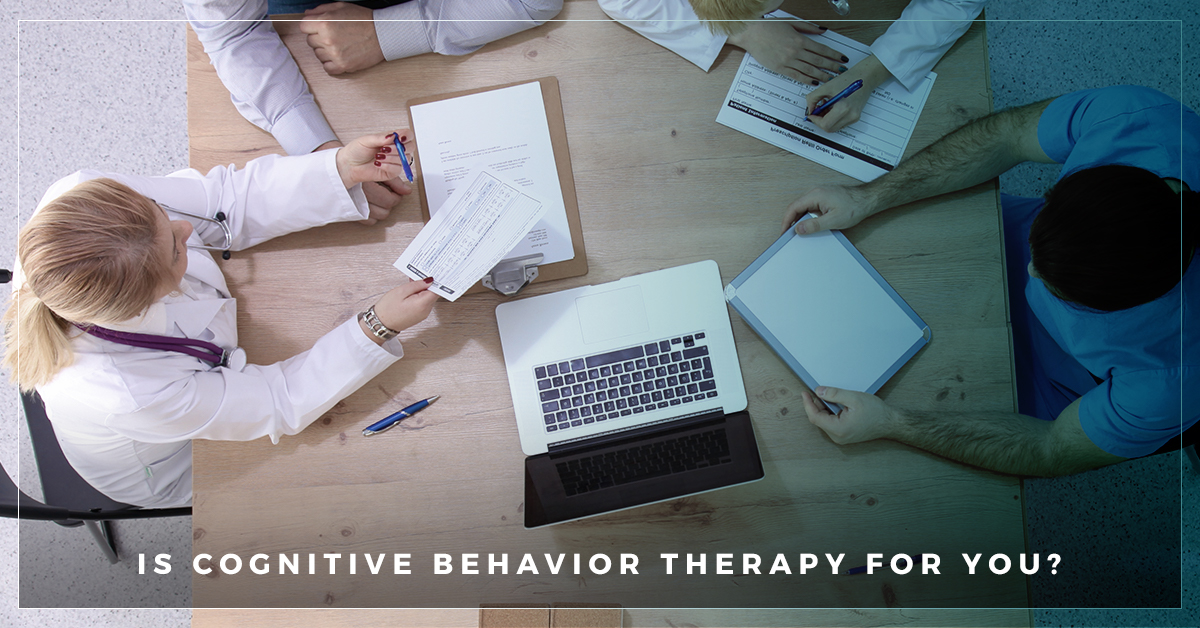
How To Get Out Of A Funk
The summer is getting hotter and hotter every week and instead of getting out of the house or the office, you can barely move from your bed. The Colorado sun may be high in the sky most days, but all you want to do is lay in bed and stare at a wall. While you know you don’t have depression, sometimes, you feel that there must be something wrong with you that you can’t find the energy to get up. You should know if you are familiar with these moments that there is a solution. You don’t have to live in a funk for the entirety of your life. Sometimes, you may be happier than other times and that’s okay. As long as you know how to cope with it, you’ll be prepared the next time all you want to do is lay in bed. Say Goodbye To That Funk At Metis Center® For Psychological Services, we offer therapy services to help your mental health. With such a small focus on mental health in society and our day-to-day life, you may not think that therapy can help, but talking about what’s bothering you is a great way to get out of a funk. Everyone goes through a period in life where they may feel at a loss. Perhaps, a person you were seeing left you and you’re struggling to get over it. Maybe a loved one died and put you in an uncomfortable funk that seems to settle into your entire being. It’s understandable that sometimes






